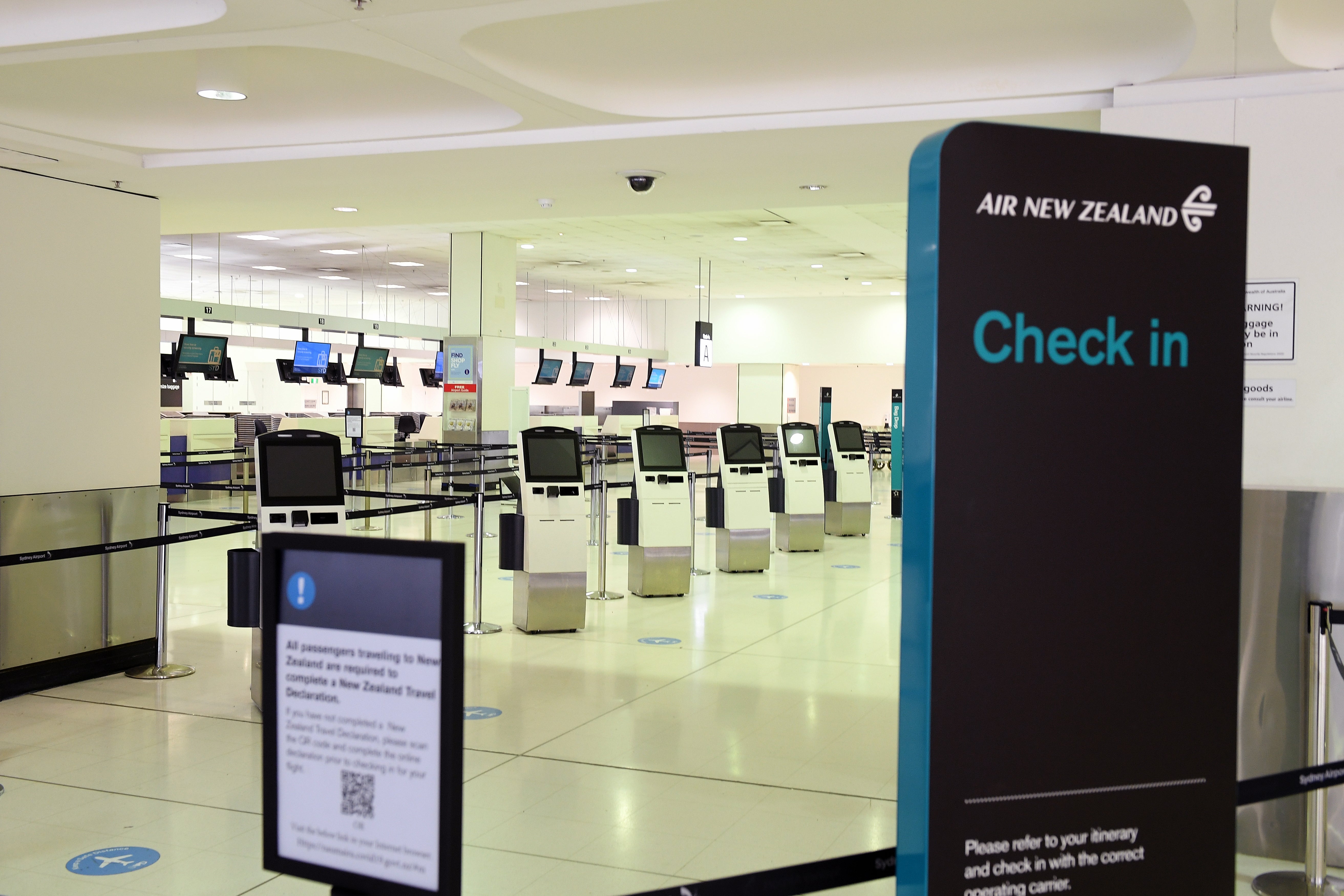Europe considers new Covid curbs as Omicron spreads worldwide
Many countries have reimposed restrictions ahead of Christmas and New Year

Countries across Europe have been considering new curbs on movement, with German scientists urging maximum and immediate restrictions on social contacts as the Omicron variant swept the world days before the second Christmas of the pandemic.
Many nations are on high alert just days ahead of Christmas and New Year celebrations, as the latest health crisis also takes a toll on financial markets, which fear the impact on the global economic recovery.
Omicron infections are multiplying rapidly across Europe, the United States and Asia, including in Japan where a single cluster at a military base has grown to at least 180 cases.
The World Health Organization (WHO) has urged people to cancel some of their holiday plans to protect public health.
“An event cancelled is better than a life cancelled,” said WHO head Dr Tedros Adhanom Ghebreyesus, adding that “difficult decisions” must be made.
Germany, Ireland, the Netherlands and South Korea are among countries to have reimposed partial or full lockdowns or other social distancing measures, in recent days.
New Zealand Covid Response Minister Chris Hipkins said his country, which imposed some of the world’s toughest coronavirus measures, was delaying the start of a planned staggered reopening of its border until the end of February.
The government had previously said quarantine-free travel would reopen by mid-January for New Zealand citizens and residents in Australia - a timetable that would have allowed travel during the peak summer vacation period - and by April for foreign tourists.
"There’s no doubt this is disappointing and will upset many holiday plans, but it’s important to set these changes out clearly today so they can have time to consider those plans," Hipkins said at a press conference.
Germany’s Robert Koch Institute for infectious diseases on Tuesday recommended that “maximum contact restrictions” be imposed at once.
Federal and state leaders were due to meet later in the day to decide on new measures, which were likely to include contact restrictions even for the vaccinated and those who have recovered from an infection, but a nationwide lockdown seemed to be off the cards.
In India, New Delhi Chief Minister Arvind Kejriwal urged citizens to wear masks and appealed to the federal government to allow booster vaccine doses as the country reported 200 cases of the variant across 12 states.
In Singapore, the health ministry was carrying out testing to determine whether Omicron was behind a suspected cluster of cases at a gym and warned more cases were likely.
In the United States, officials said the variant claimed the life on Monday of an unvaccinated man in Texas after becoming the dominant strain in the country. Lines for Covid tests wrapped around the block in New York, Washington and other US cities as people clamoured to find out if they were infected before celebrating the holidays with family.
Israel added the United States to its "no-fly" list, citing concerns over the variant, while Kuwait said it would require incoming travellers to have received a booster shot if more than nine months had passed since their second vaccine dose.
British Prime Minister Boris Johnson on Monday said the situation was "extremely difficult" as hospitalisations rose steeply in London. His government was not ruling out any steps, including potentially limiting tourism.
Sweden will urge all employees to work from home if possible and impose tighter rules for social distancing.
“We must now take joint responsibility and we need adapt to the new reality,” Prime Minister Magdalena Andersson told a news conference. “I understand that many are tired of this - so am I - but we now have a new virus variant, which means we are in a new situation.”
In Australia, where Omicron cases have surged but hospitalisations remain relatively low, Prime Minister Scott Morrison urged state and territory leaders to avoid further lockdowns.
"We’re not going back to lockdowns. We’re going forward to live with this virus with common sense and responsibility," he said.
Thailand will reinstate its mandatory Covid quarantine for foreign visitors and scrap a quarantine waiver from Tuesday.
The Omicron variant was first detected last month in southern Africa and Hong Kong and so far has been reported in at least 89 countries.
The severity of illness it causes remains unclear, but the WHO warned it is spreading faster than the Delta variant and is causing infections in people already vaccinated or who have recovered from Covid.
Many countries in the West are pinning their hopes on third, booster vaccine shots to keep the new variant at bay amid reports that two shots may not be enough.
The European Union’s drug regulator is prepared for the possibility that vaccines may have to be tweaked to fight Omicron, although there is no evidence yet, the agency’s chief said.
“There is no answer whether we will need to adapt vaccines,” European Medicines Agency executive director Emer Cook said.
Reuters
Join our commenting forum
Join thought-provoking conversations, follow other Independent readers and see their replies
Comments


Bookmark popover
Removed from bookmarks